Over the past year, the Rights-Based Climate Adaptation in Armenia and Georgia programme has brought together public sector professionals from both countries to strengthen climate adaptation through human rights and gender equality perspectives. Supported by the Swedish Institute, the programme is a collaboration between the Division of Risk Management and Societal Safety at LTH, Lund University, the Raoul Wallenberg Institute of Human Rights and Humanitarian Law, Lund University Commissioned Education (LUCE), and the Unit for External Engagement and Development at LTH.
The programme builds on a key message from the Paris Agreement: climate action must respect and promote human rights, health, gender equality, and the needs of vulnerable groups. The focus has been on translating this commitment into practical public sector action.
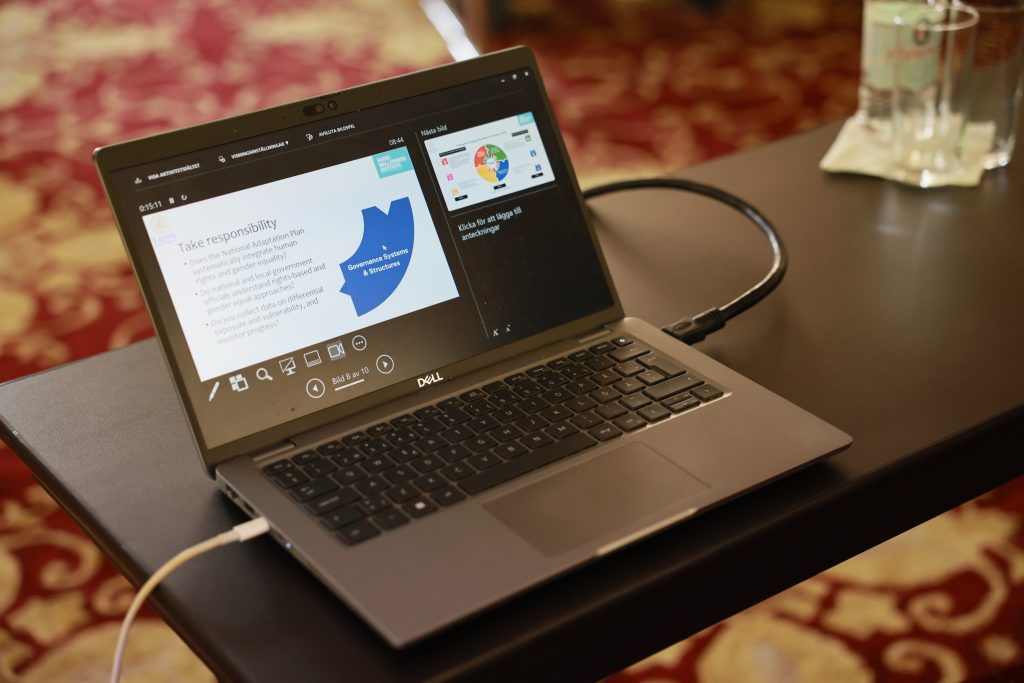
Learning across sectors and borders
Because climate change cuts across sectors, the programme brought together professionals working in climate adaptation, disaster risk reduction, sustainable development, human rights, and gender equality.
Through three on-site workshops, self-directed learning, and online exchanges, participants worked with the Framework for Integrating Rights and Equality (FIRE) to develop practical tools for use in their own institutional contexts.
A key output has been the development of Country Profiles, identifying priority areas where rights-based climate adaptation can reduce exposure and vulnerability. These were presented at final events with ministries and other stakeholders to support further implementation.
Programme journey
The programme ran from May 2024 to September 2025, combining online learning with in-person collaboration.
Applications were open between February and April 2024, followed by a digital introduction phase in May. In September 2024, participants met in Tbilisi to identify national priority areas. Online modules (September 2024 – January 2025) led to draft Country Profiles presented in Yerevan.
Between January and August 2025, participants finalised Country Profiles and action plans, including SMART indicators, alongside a programme event in Georgia. The programme concluded in September 2025 with stakeholder meetings in Yerevan and Tbilisi, bringing together representatives from government, academia, the private sector, and international organisations to discuss implementation and future financing.
This blended learning approach enabled participants to combine conceptual learning with direct application in their professional contexts.
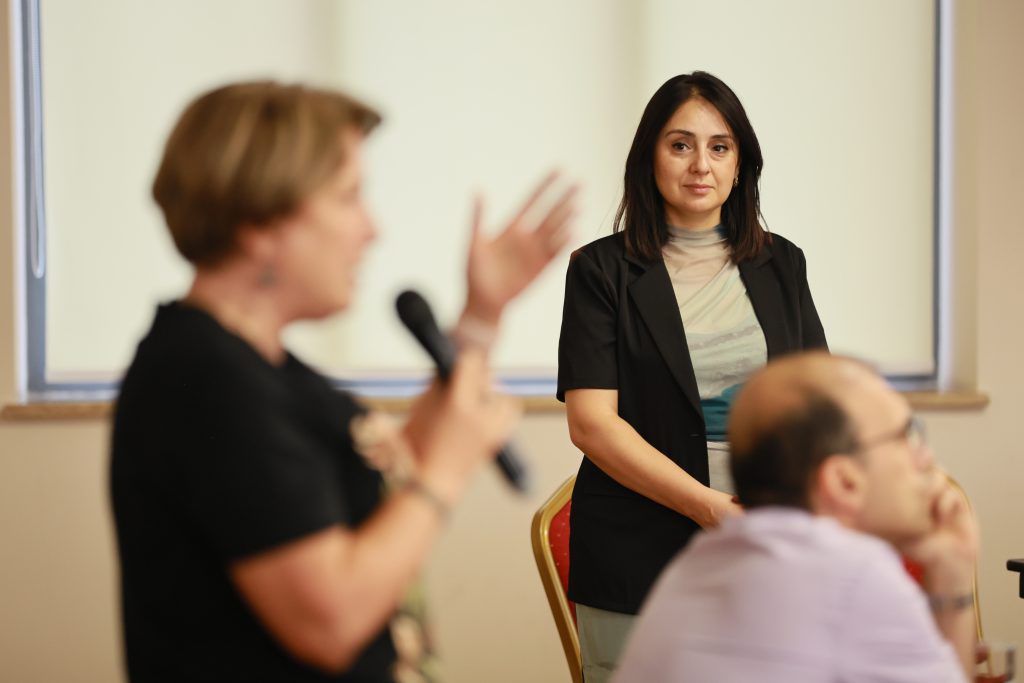
From learning to impact
As one participant reflected:
“The programme successfully combined conceptual clarity with practical applicability, significantly enhancing participants’ capacity to approach climate adaptation from a rights-based perspective.”
Upon completion, the programme has strengthened participants’ ability to apply rights-based approaches to climate adaptation and disaster risk reduction in their daily work, while also enabling them to share knowledge and influence practices within their organisations.
At the organisational level, the development of Country Profiles and action plans has created concrete entry points for implementation, policy development, and future funding opportunities. The programme has also strengthened awareness of how human rights and gender equality can be systematically integrated into climate adaptation work, supported by continued capacity development using the FIRE methodology.
At the broader level, the programme contributes to ongoing national efforts to integrate human rights into climate adaptation and disaster risk reduction. By supporting more inclusive decision-making processes, improved access to information, and stronger protection against climate-related risks, the programme contributes to building more resilient societies.
The reports published by the Raoul Wallenberg Institute here are not endpoints, but serve as springboards for continued collaboration, policy development, and implementation.
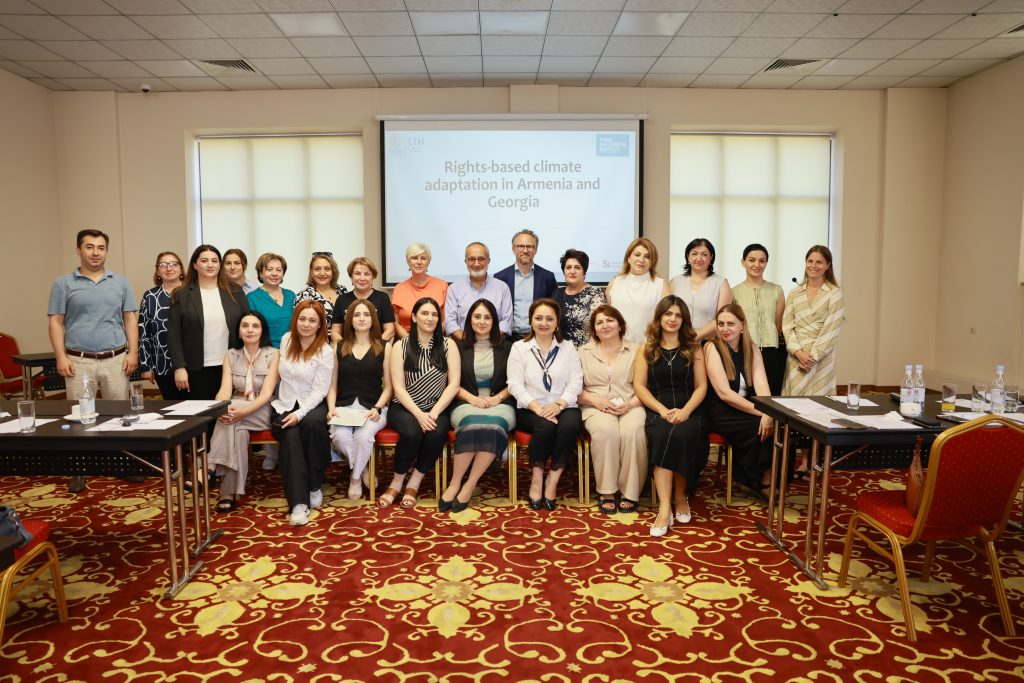
Looking ahead
Public sector organisations are increasingly required to address complex challenges with limited resources, making cross-sector collaboration essential. By strengthening capacity to integrate rights and equality into climate adaptation, programmes like this contribute to more inclusive, sustainable, and resilient societies.
As climate impacts intensify, ensuring adaptation measures are equitable and rights-based is essential for achieving long-term sustainable development.
Pictures taken by Seryozha Arakelyan/RA Ministry of Environment, and Lund University.

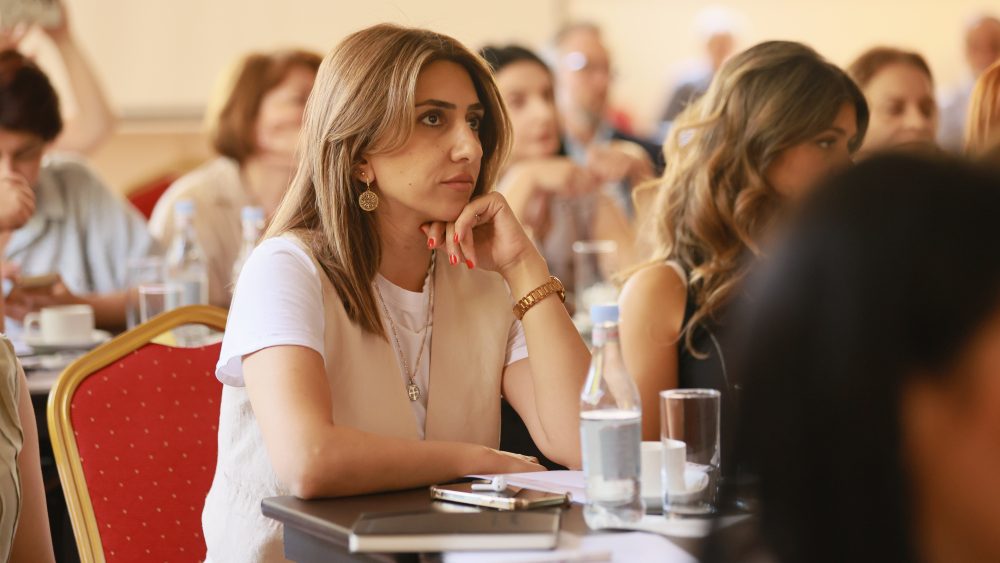
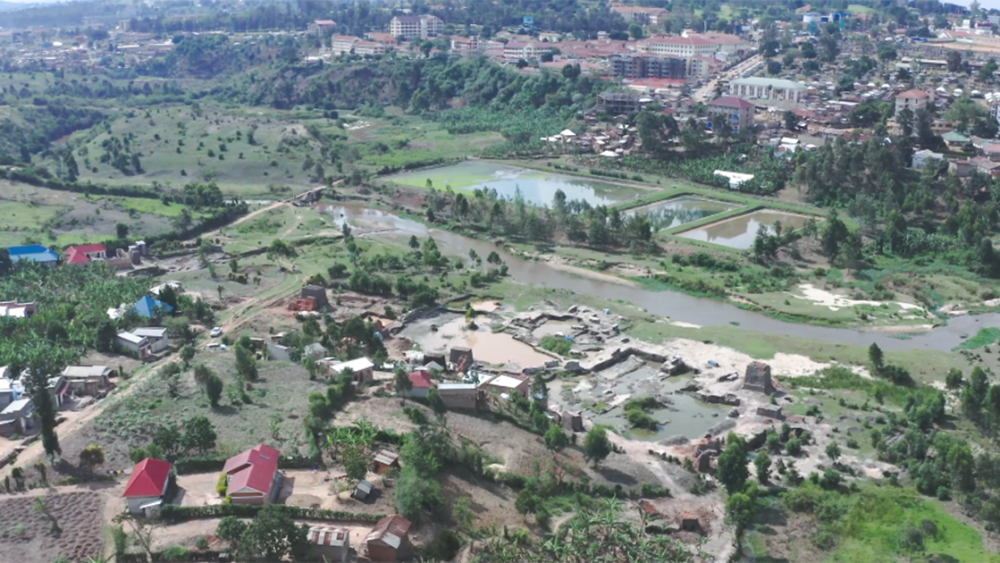
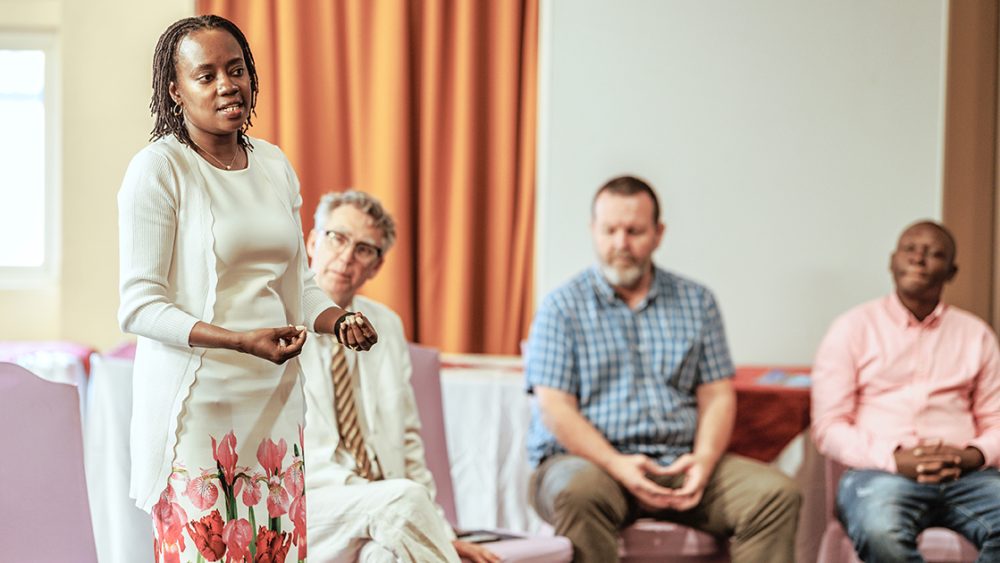
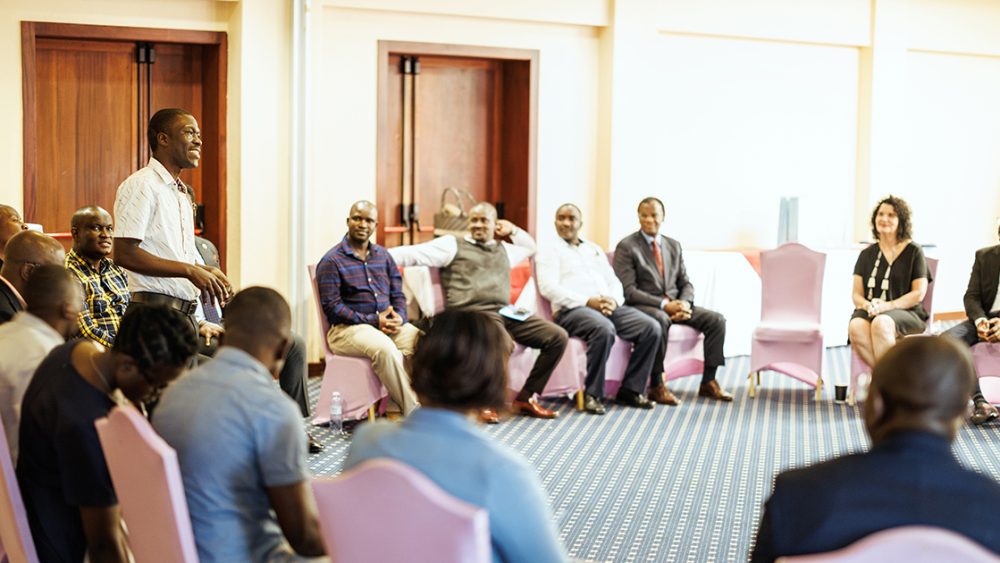
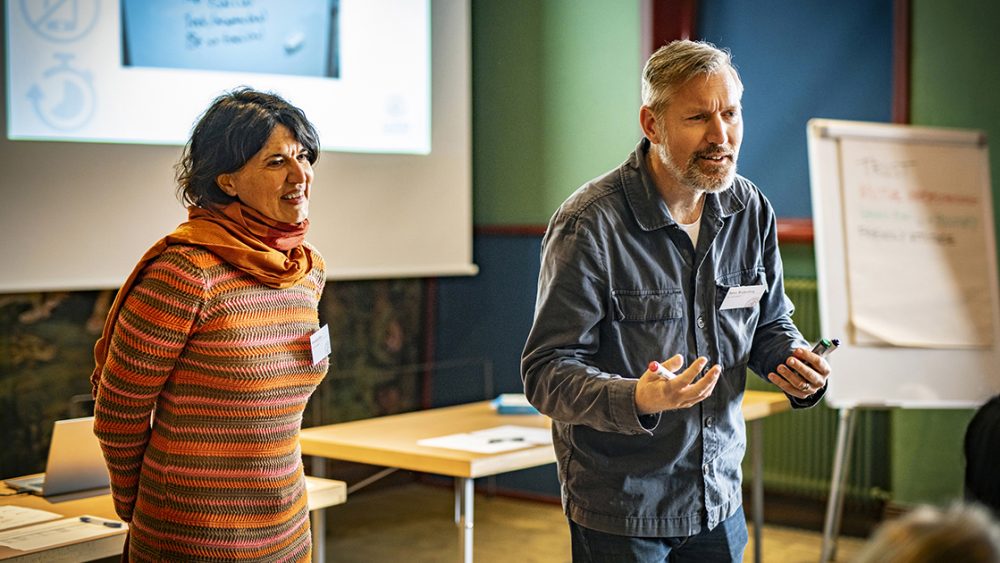
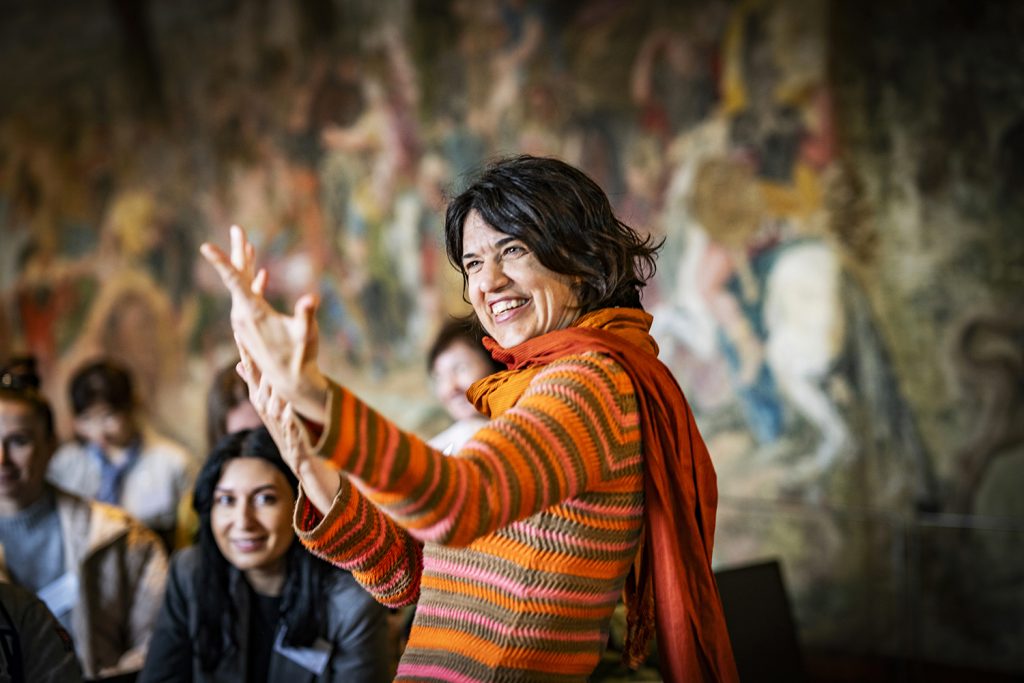
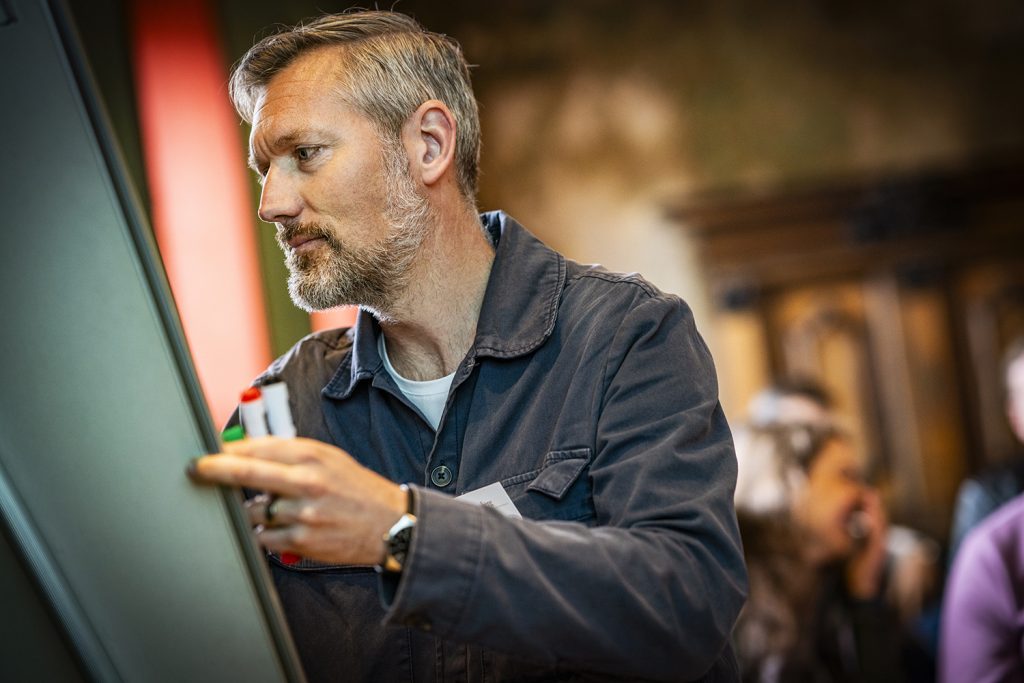
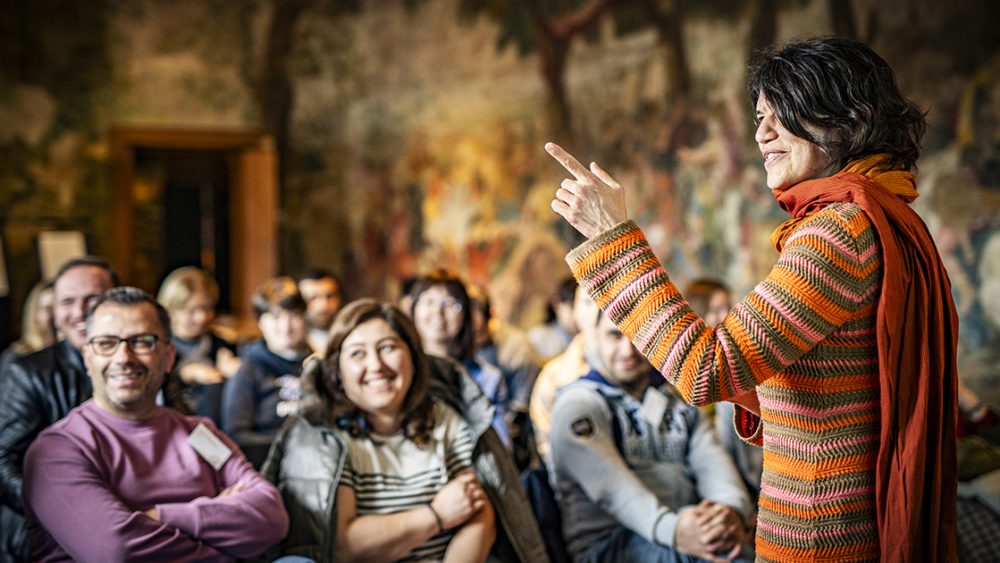
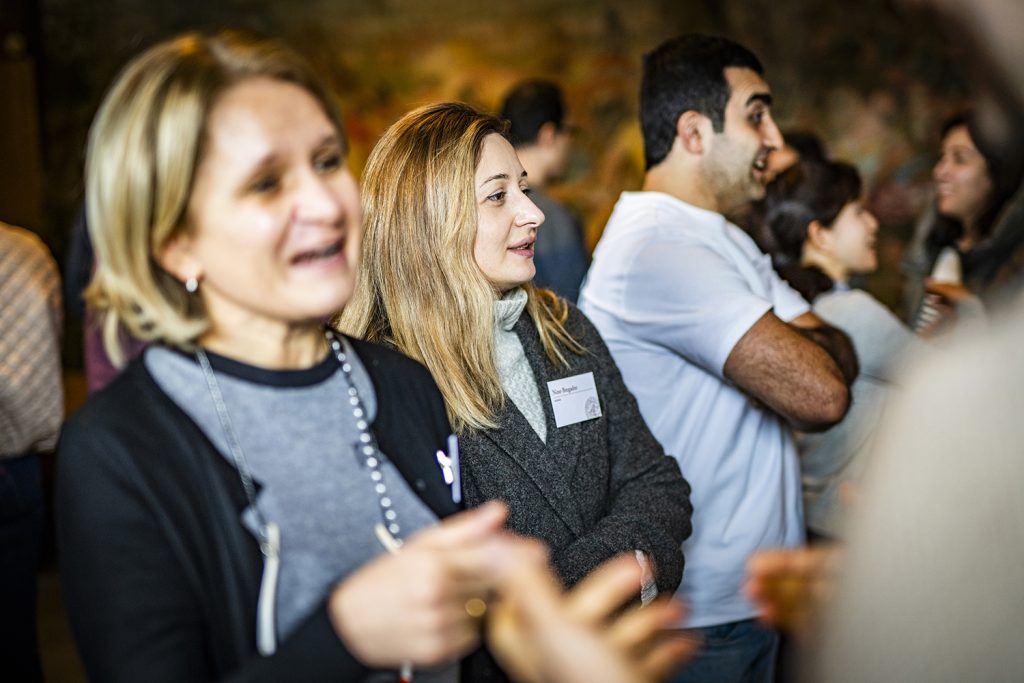
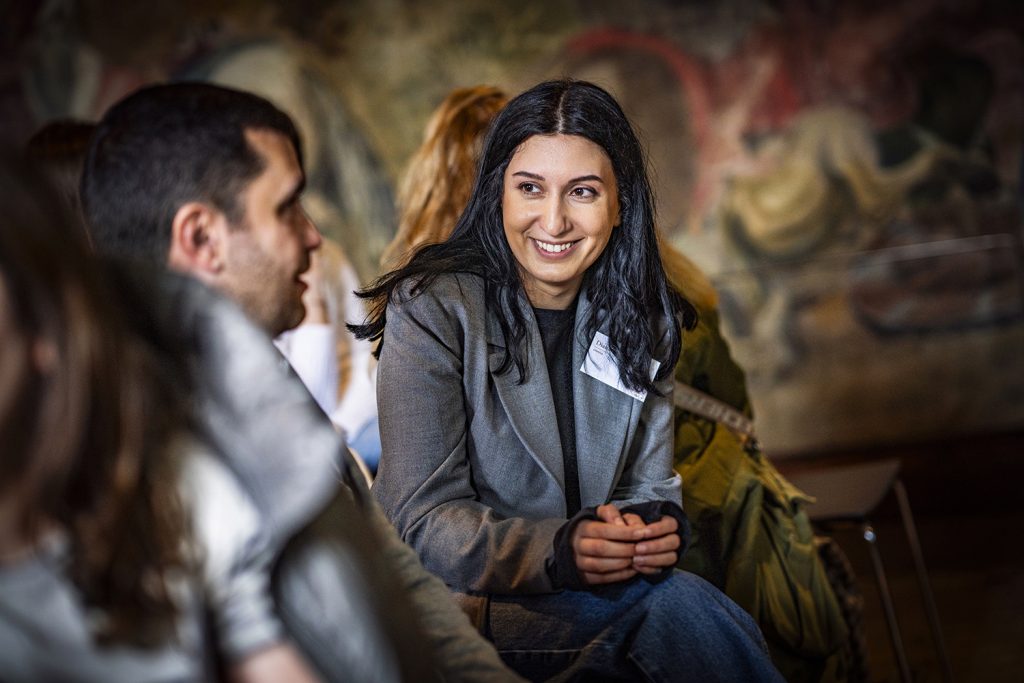
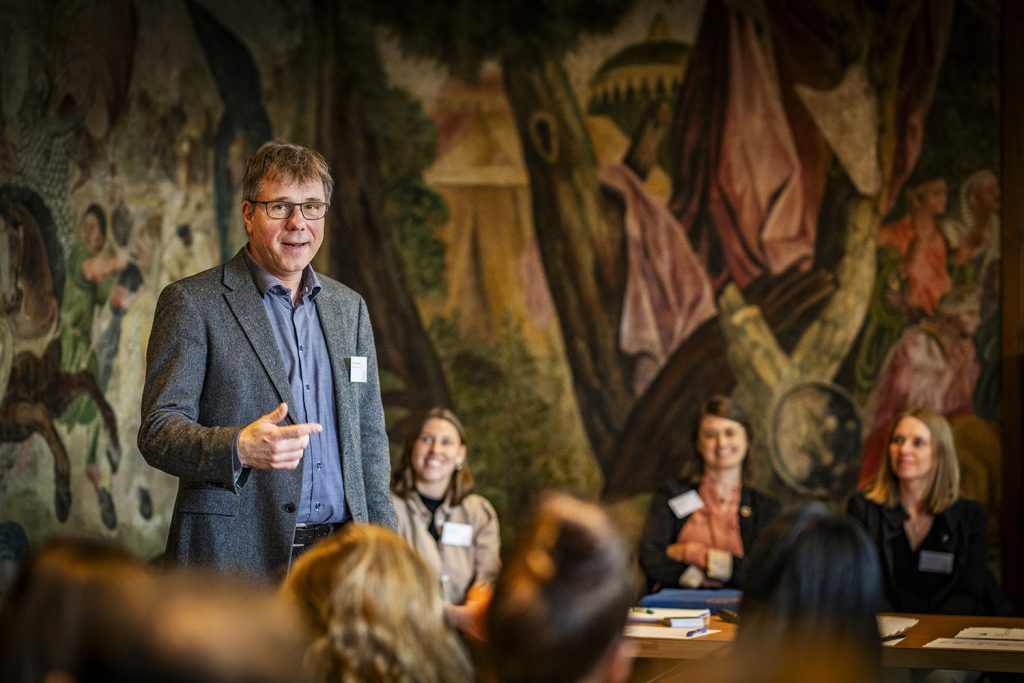
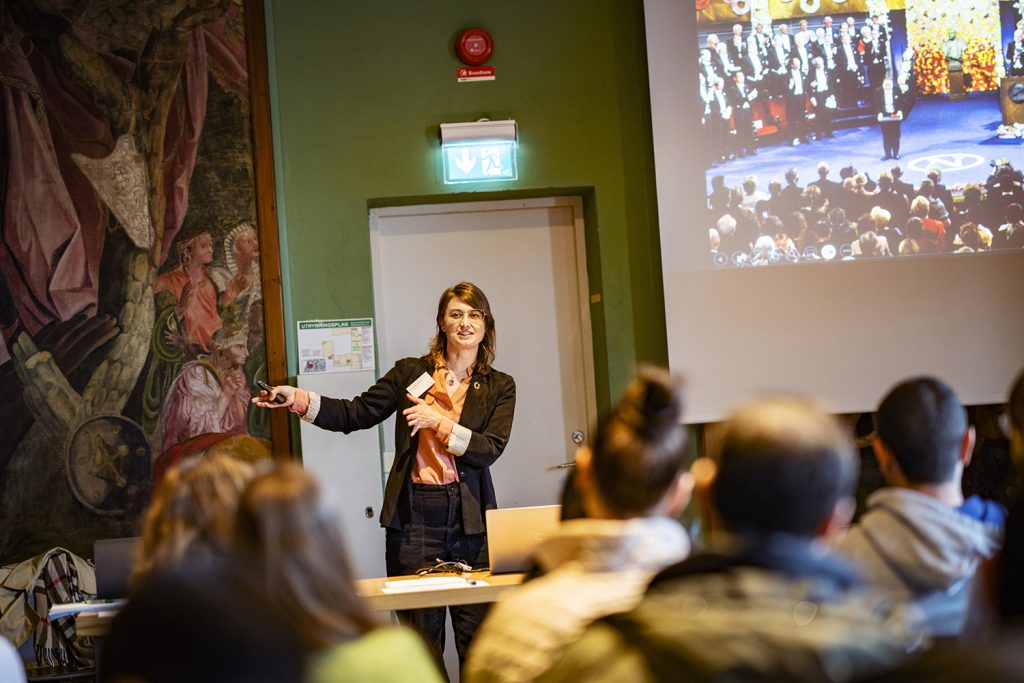
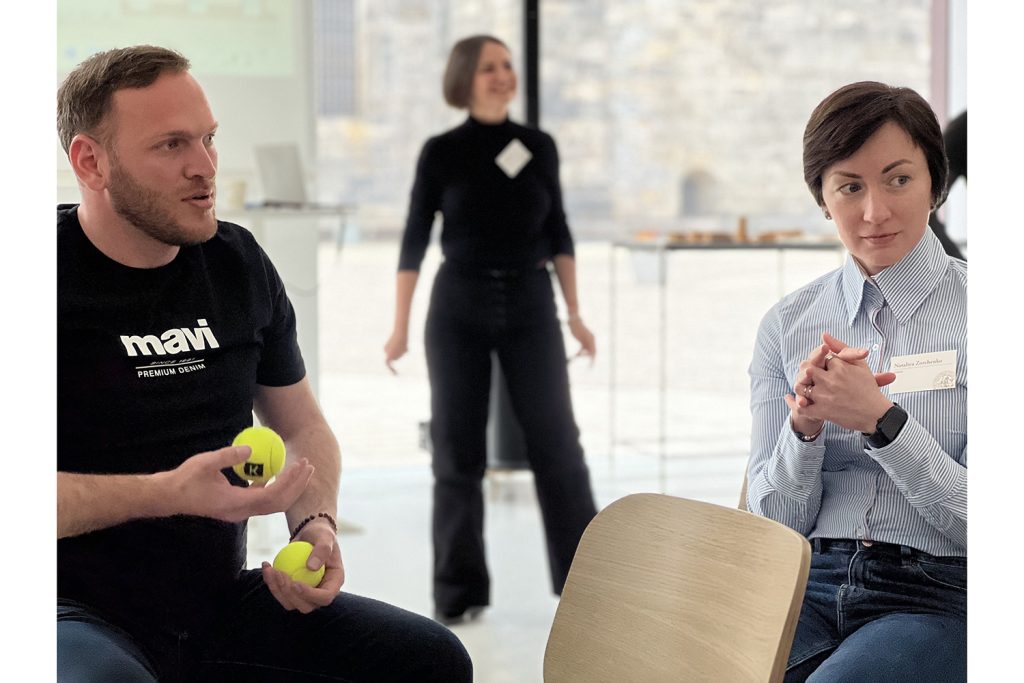
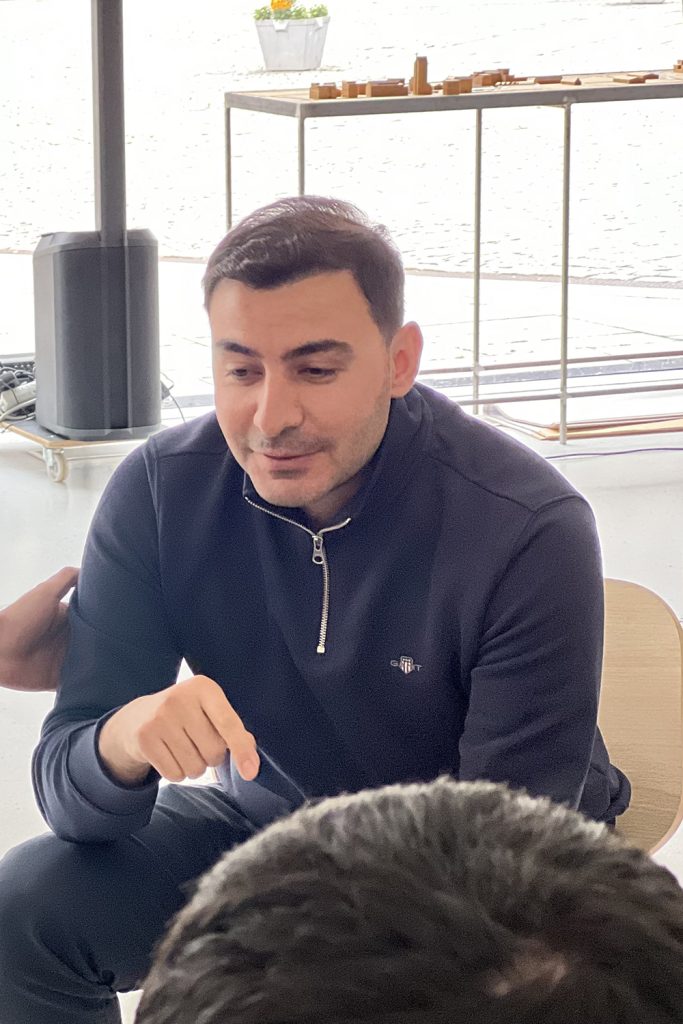
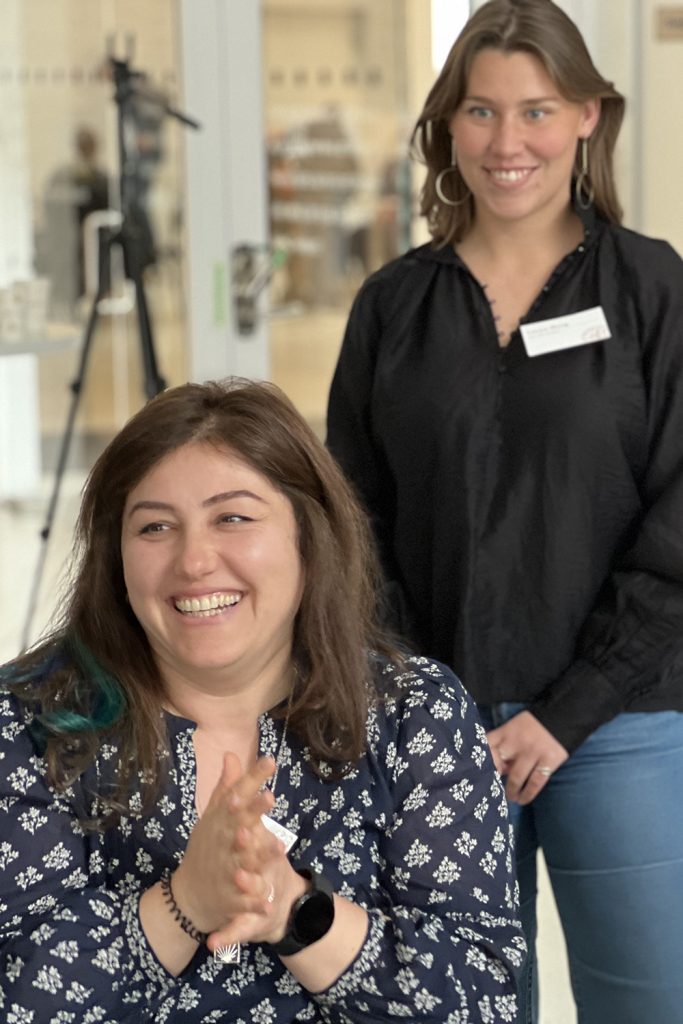
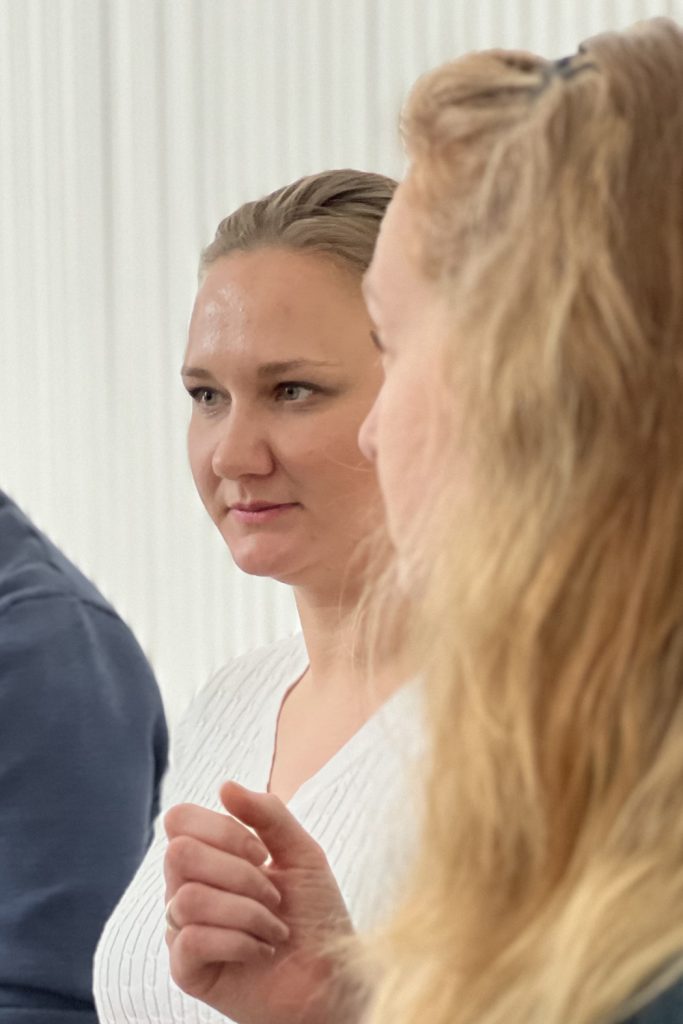
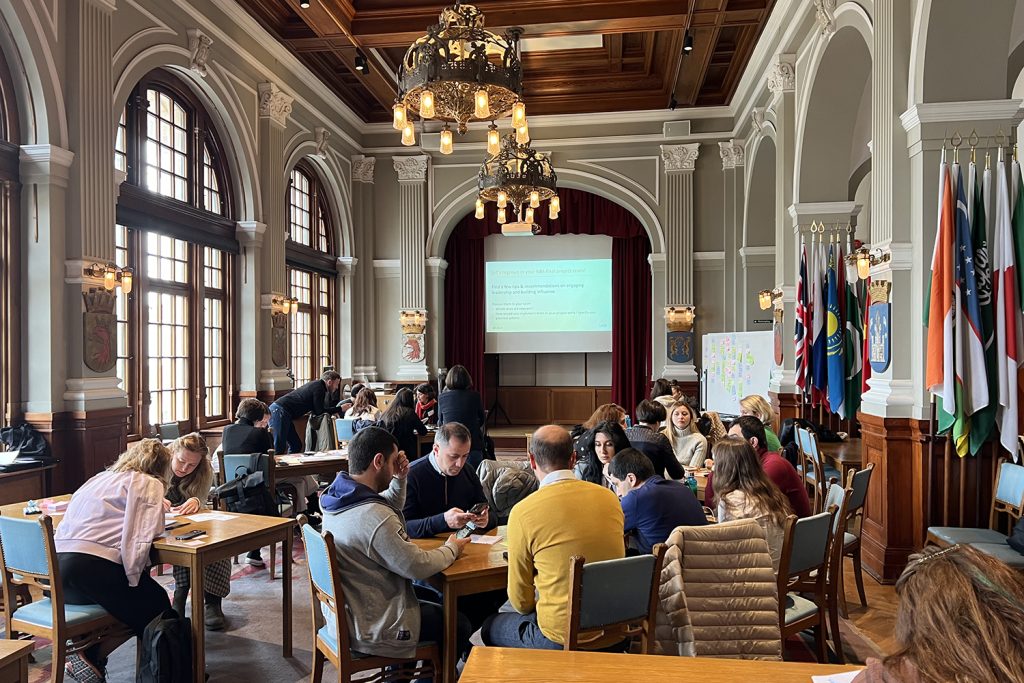
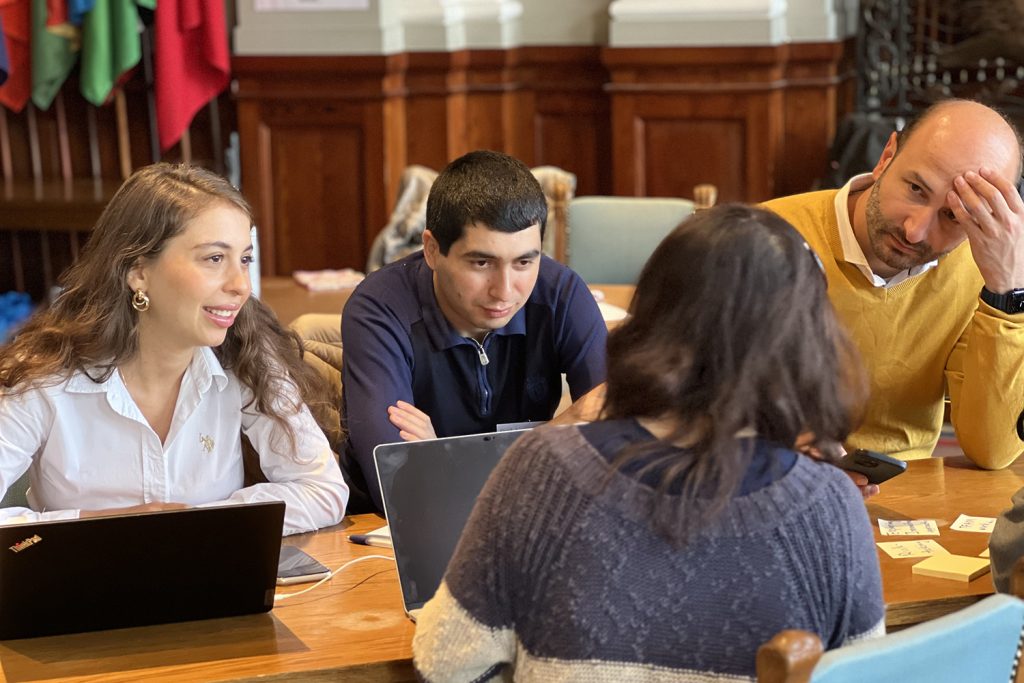
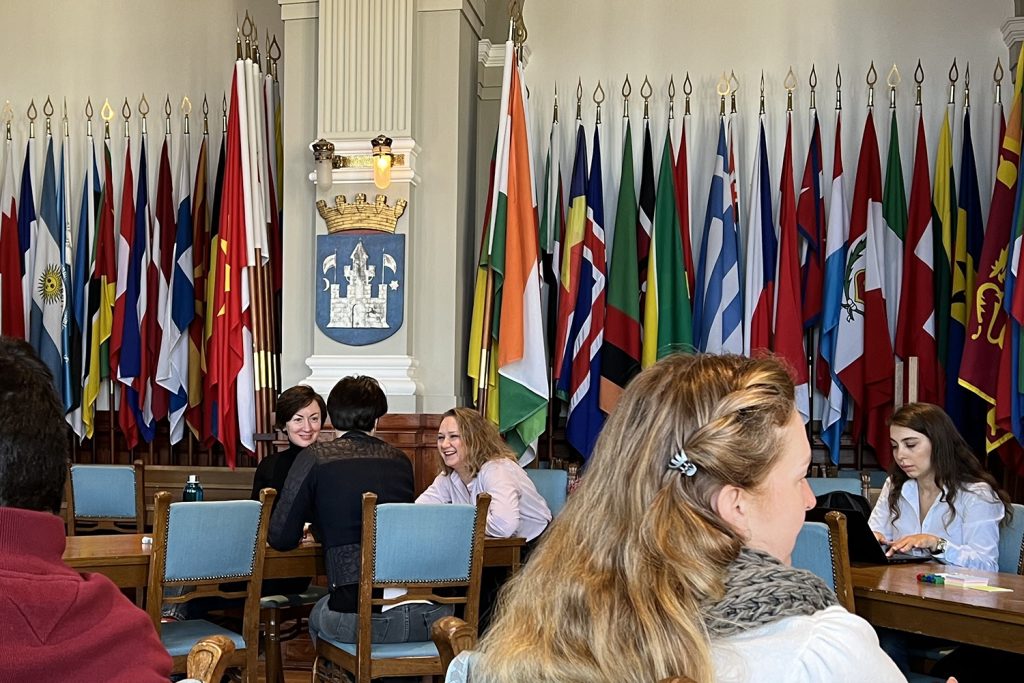
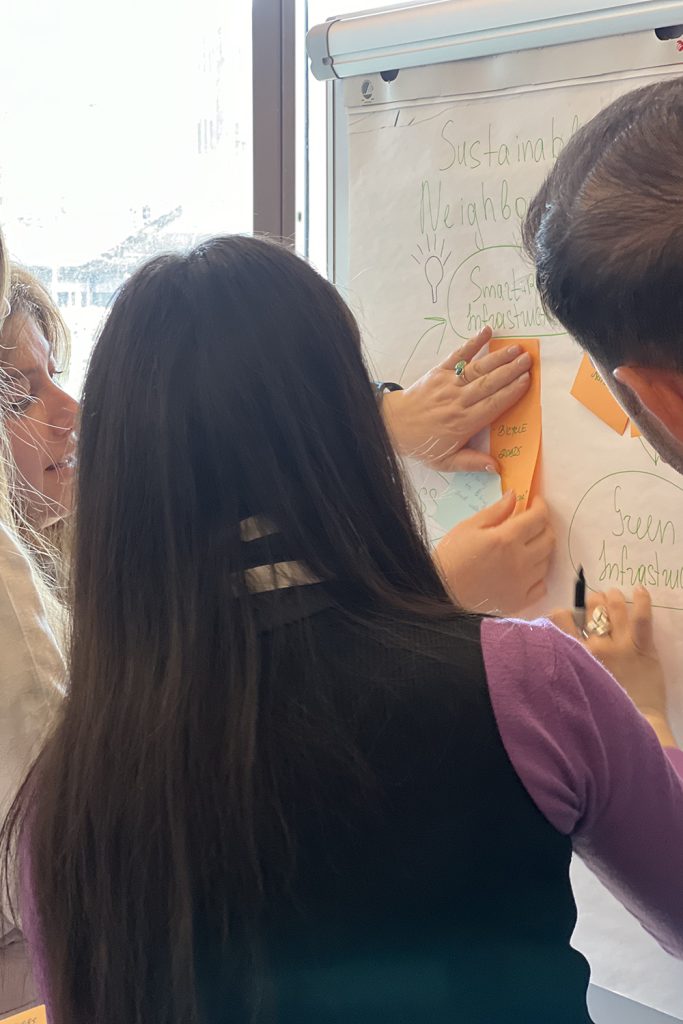
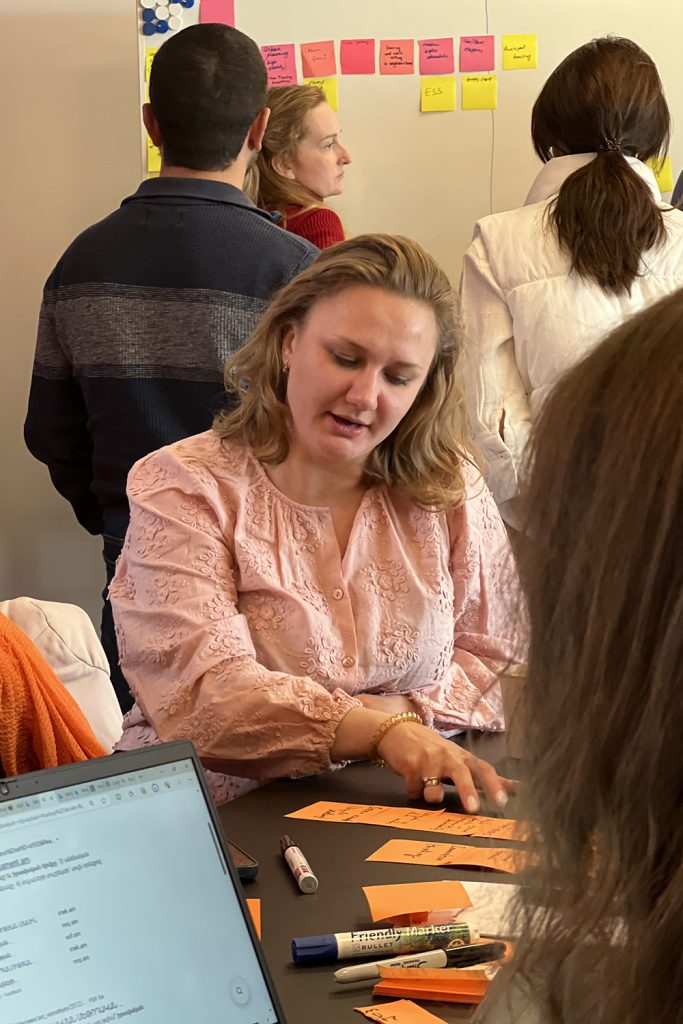
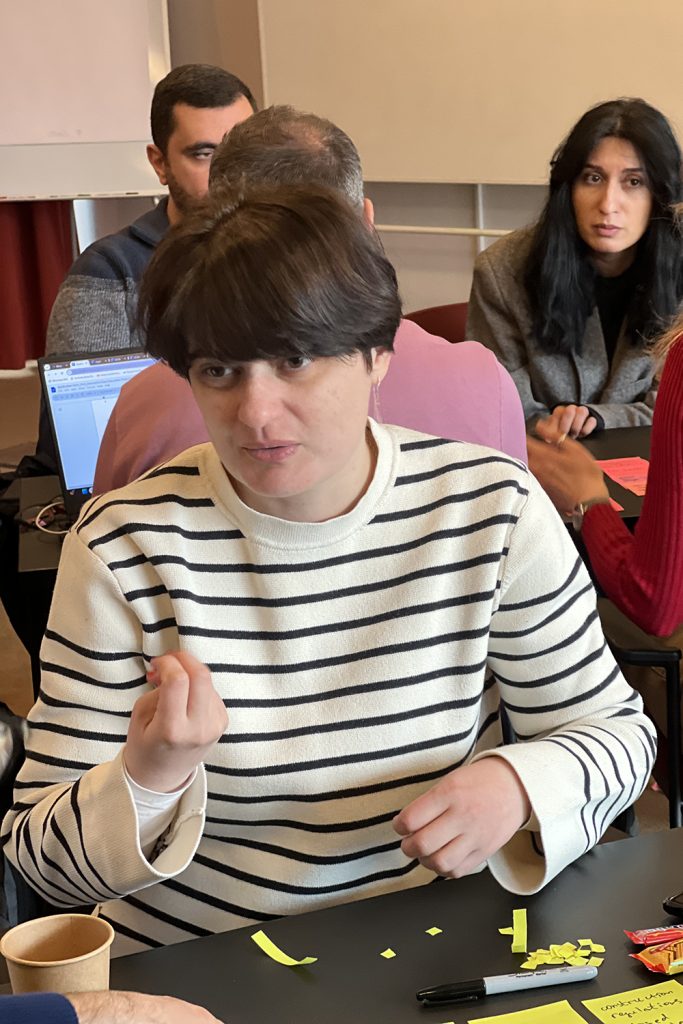
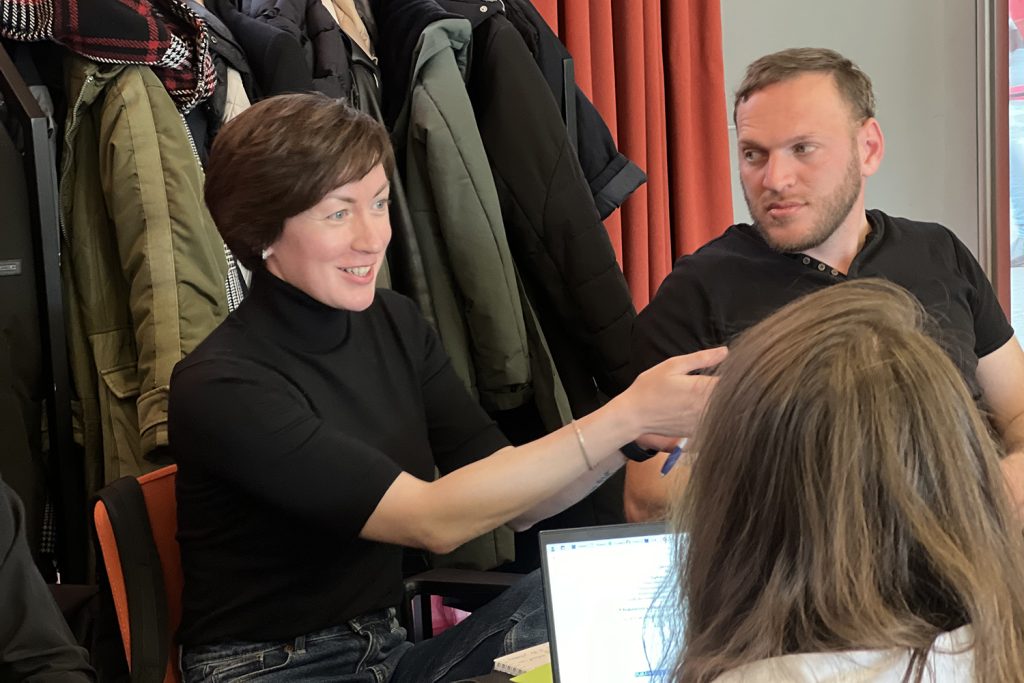
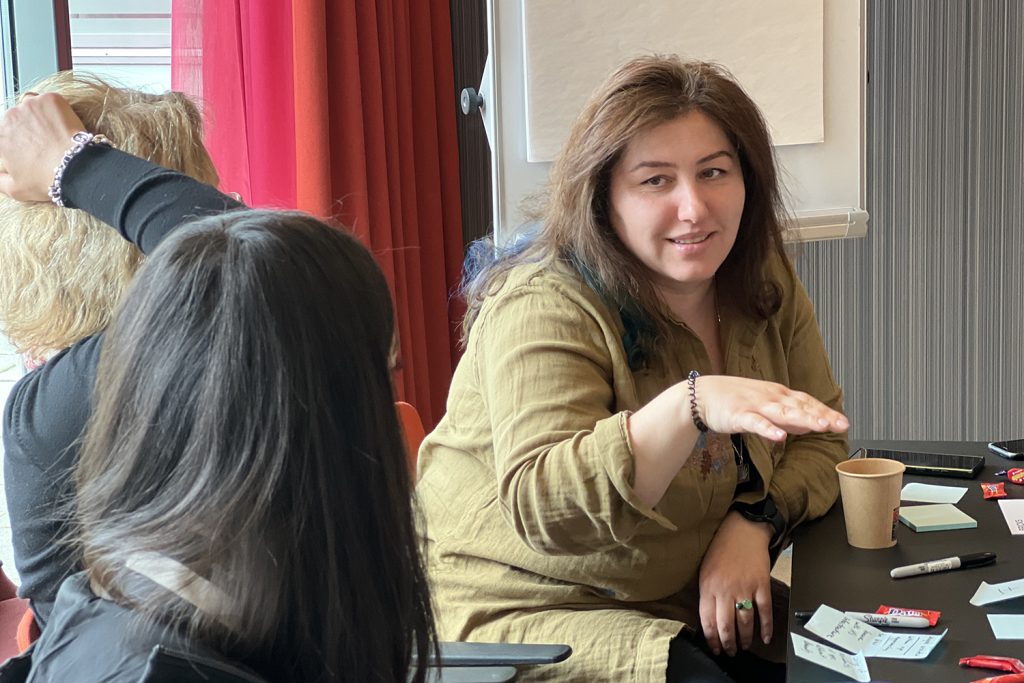
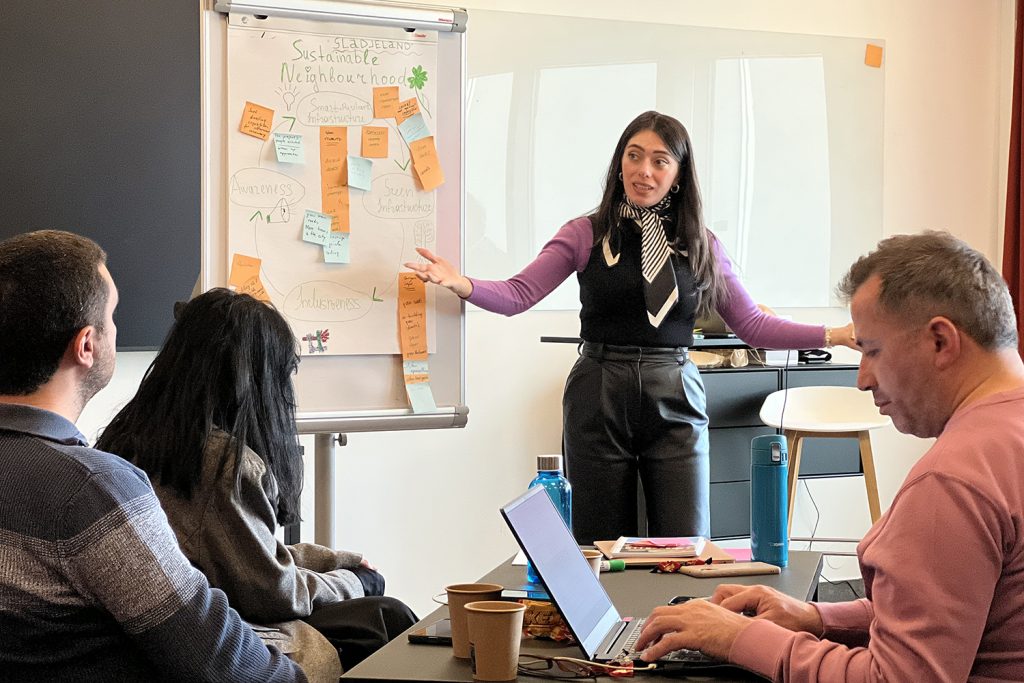
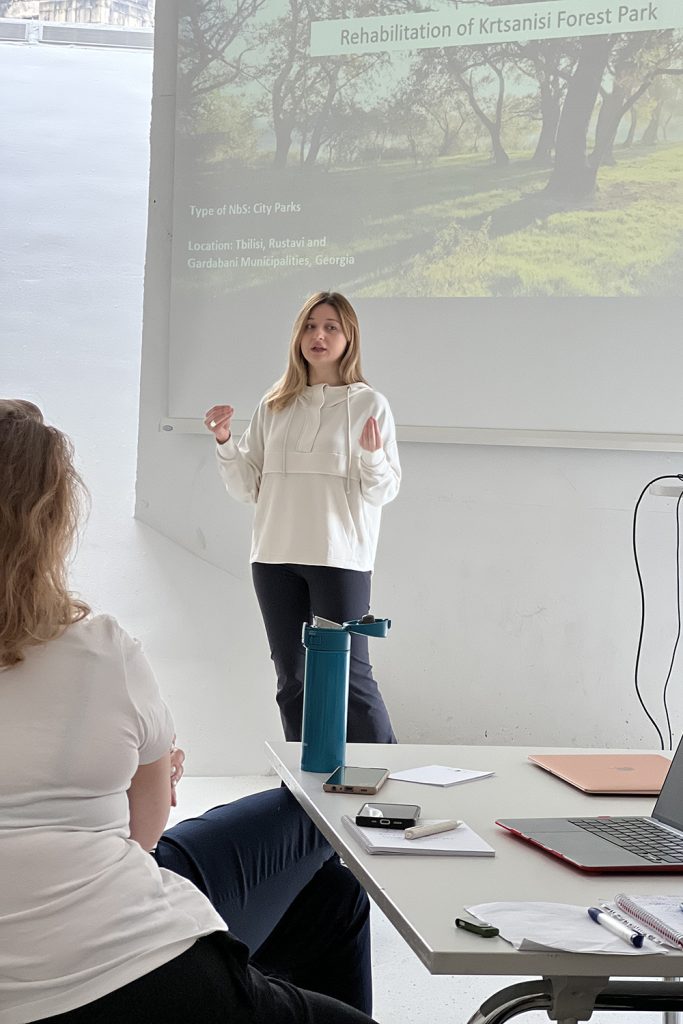
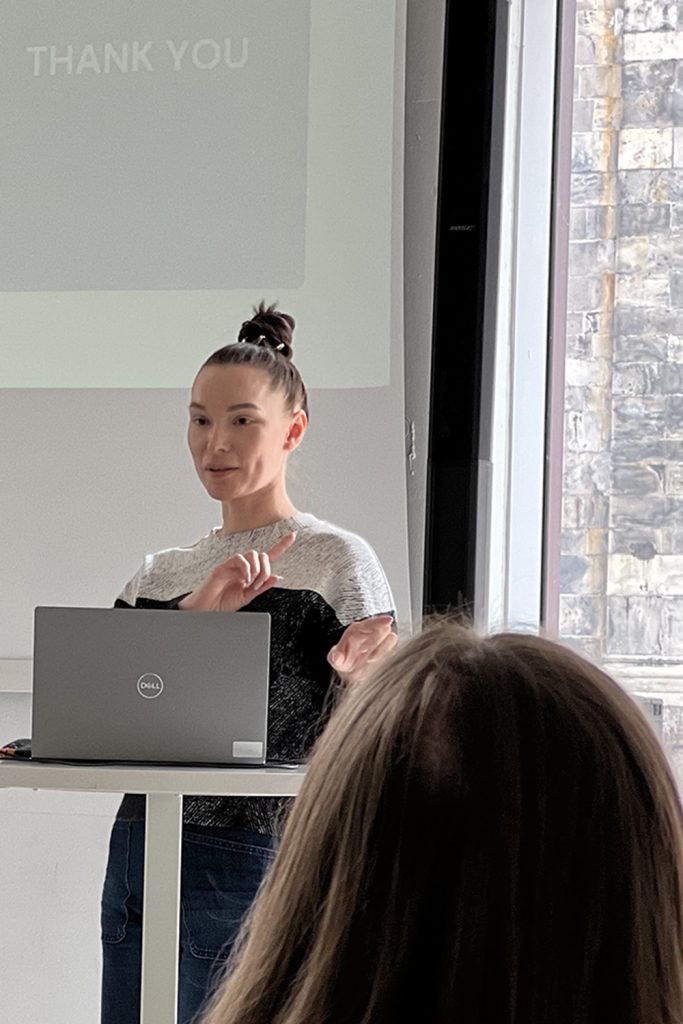
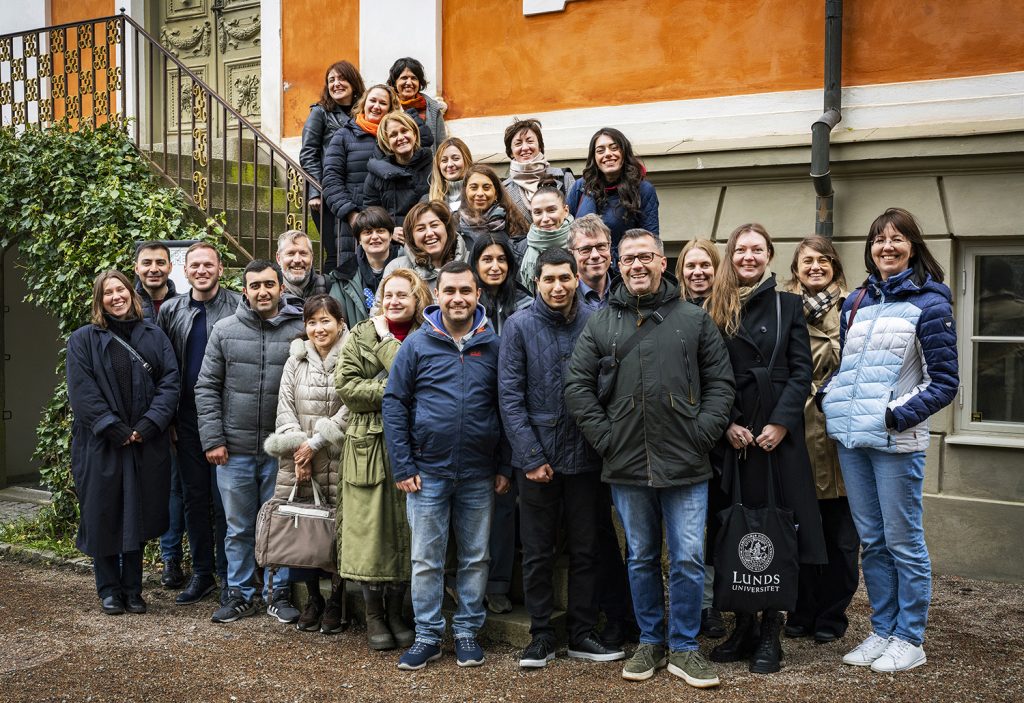
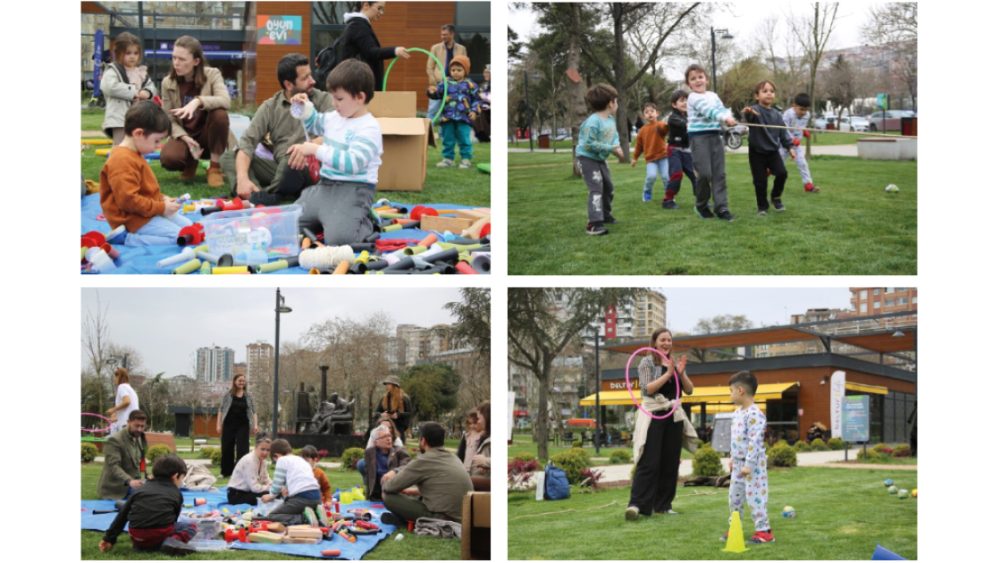
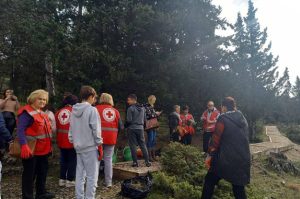
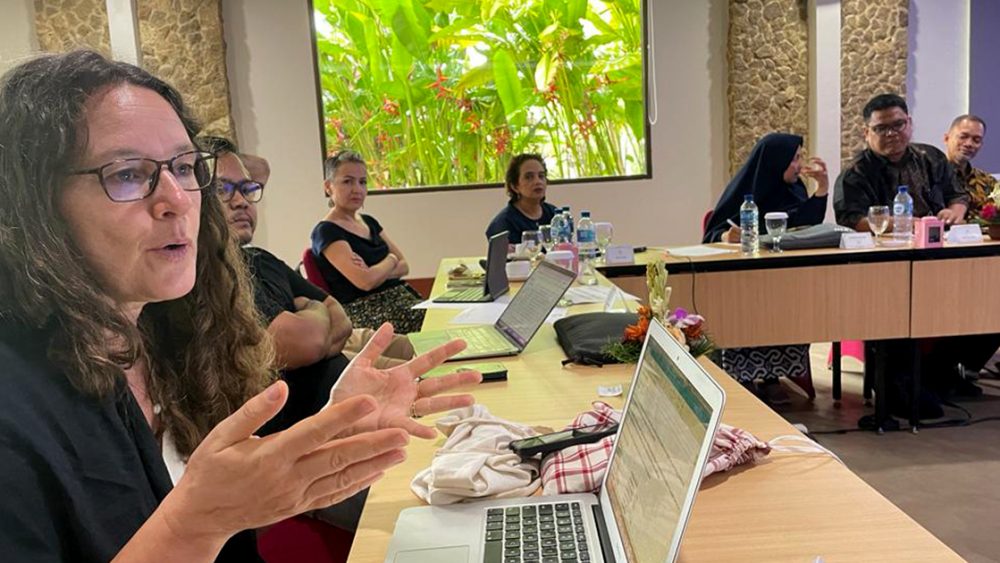
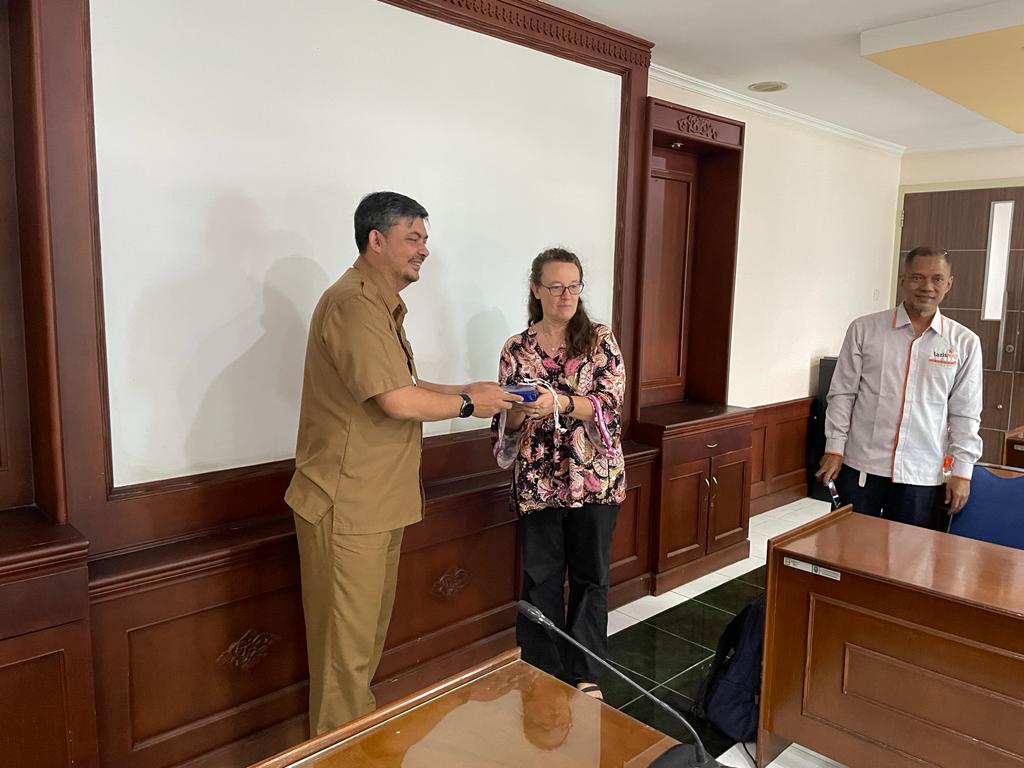
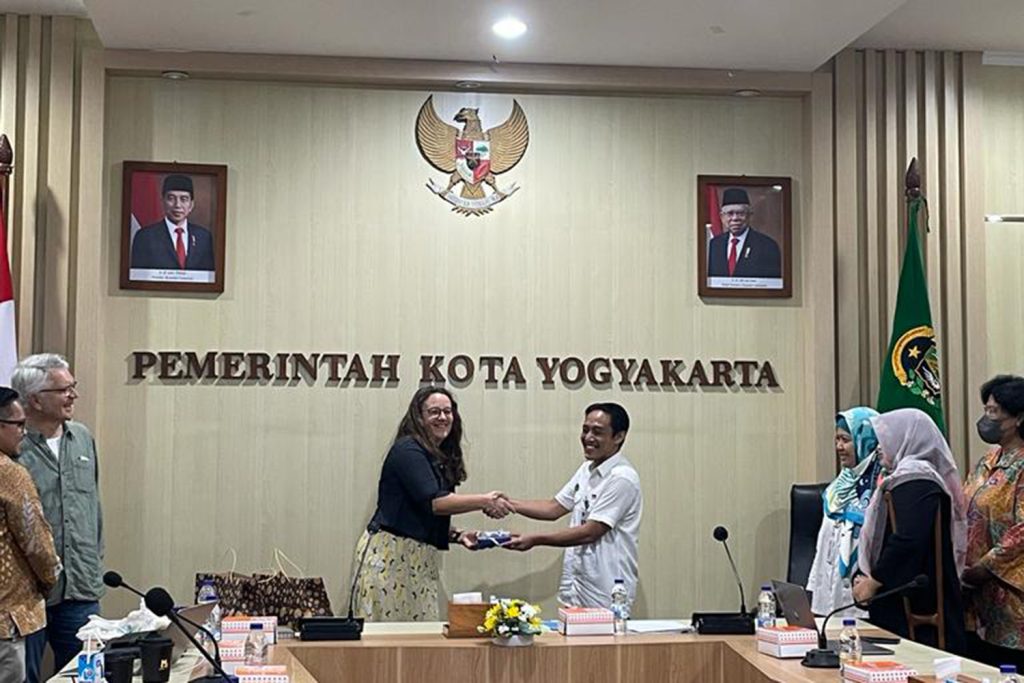
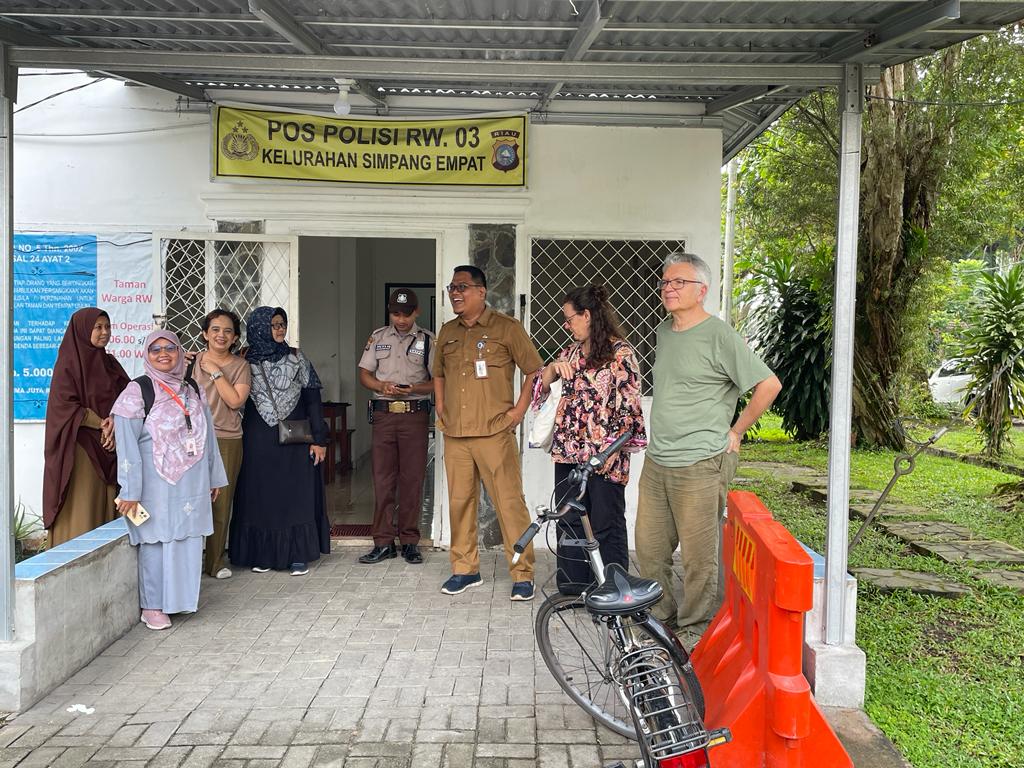
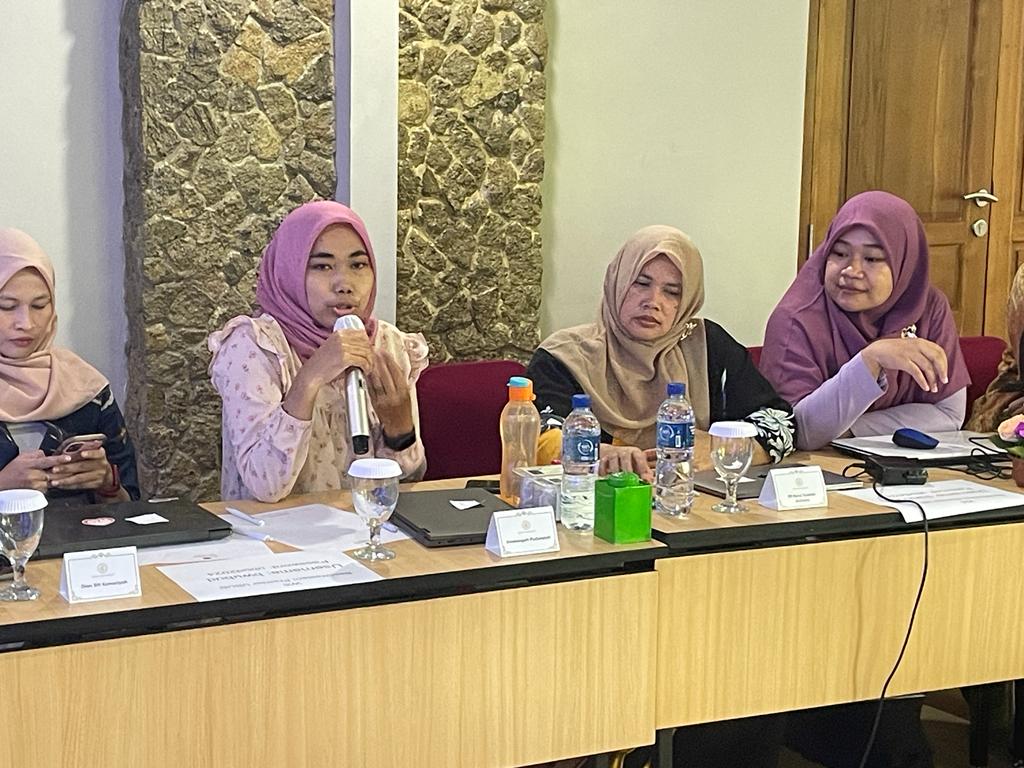
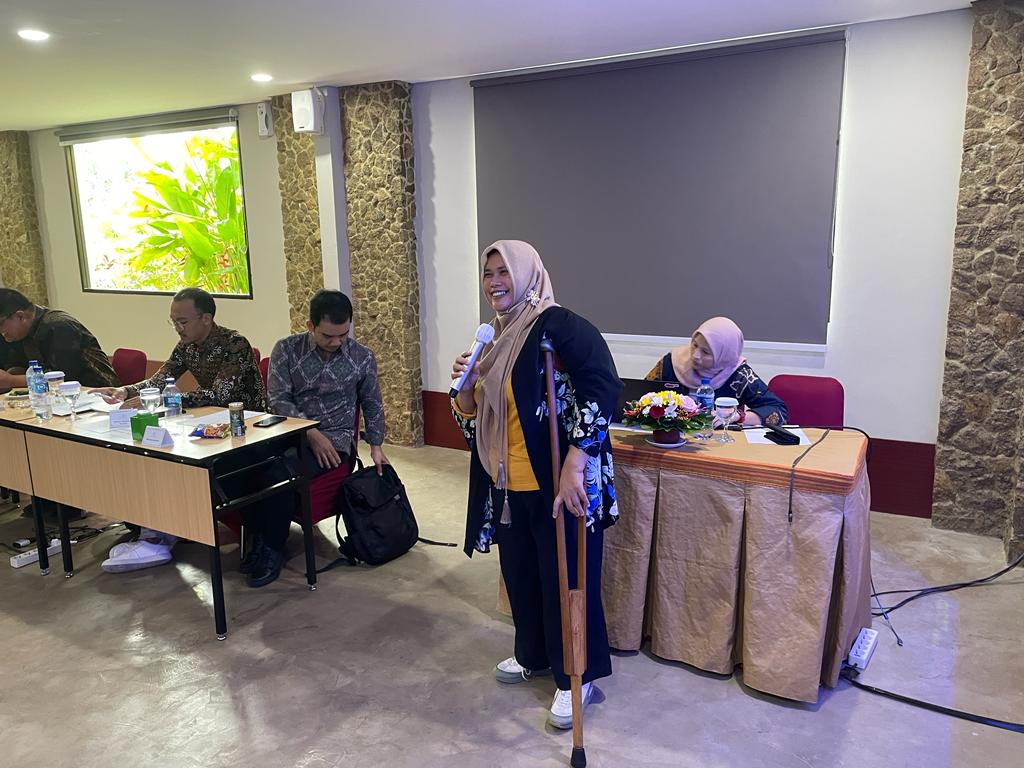
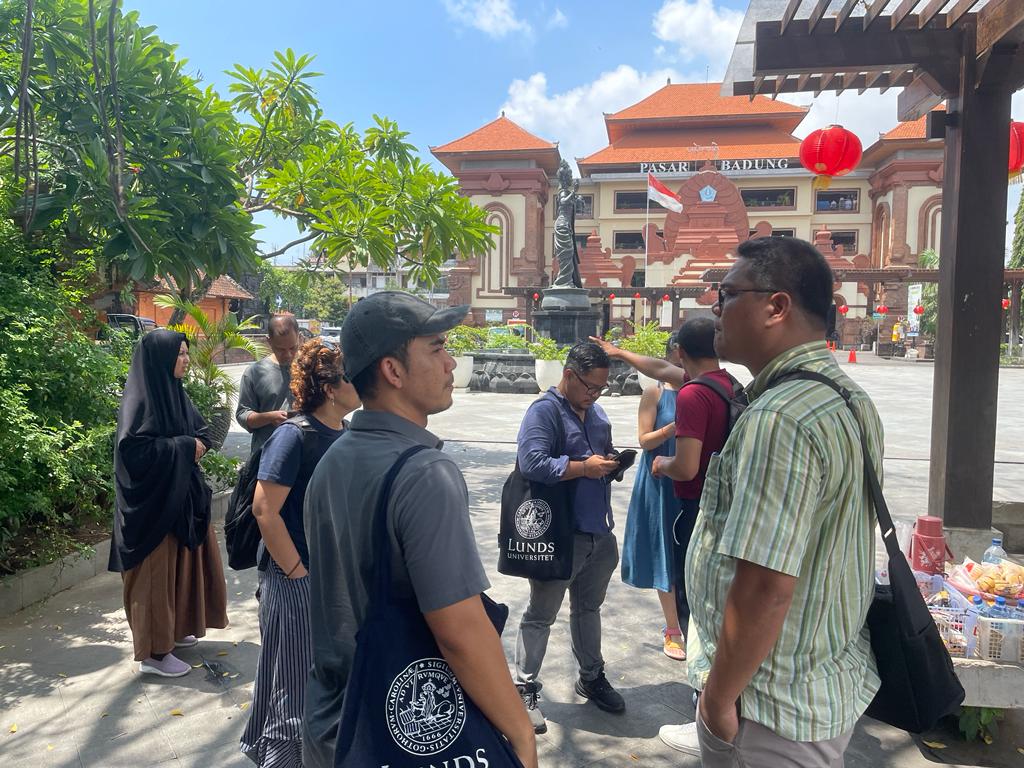
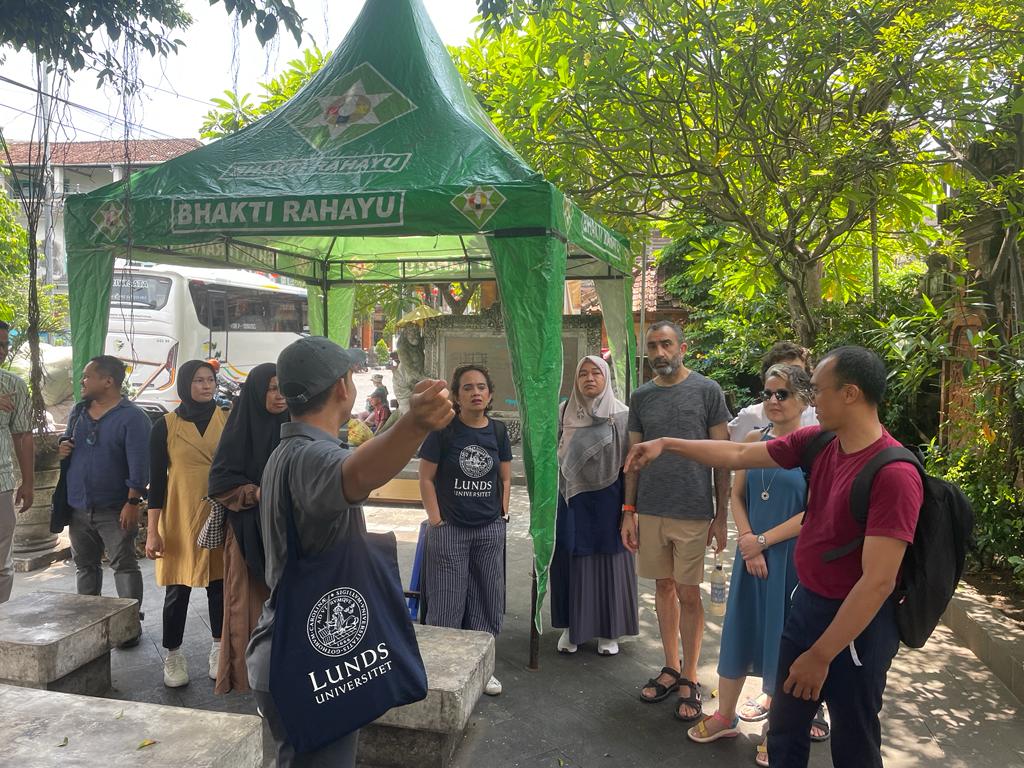
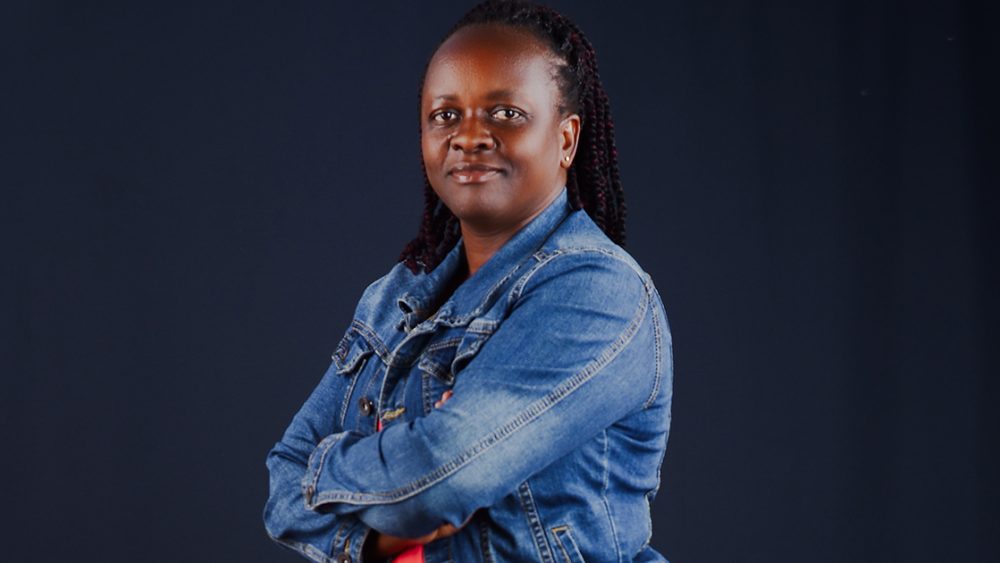
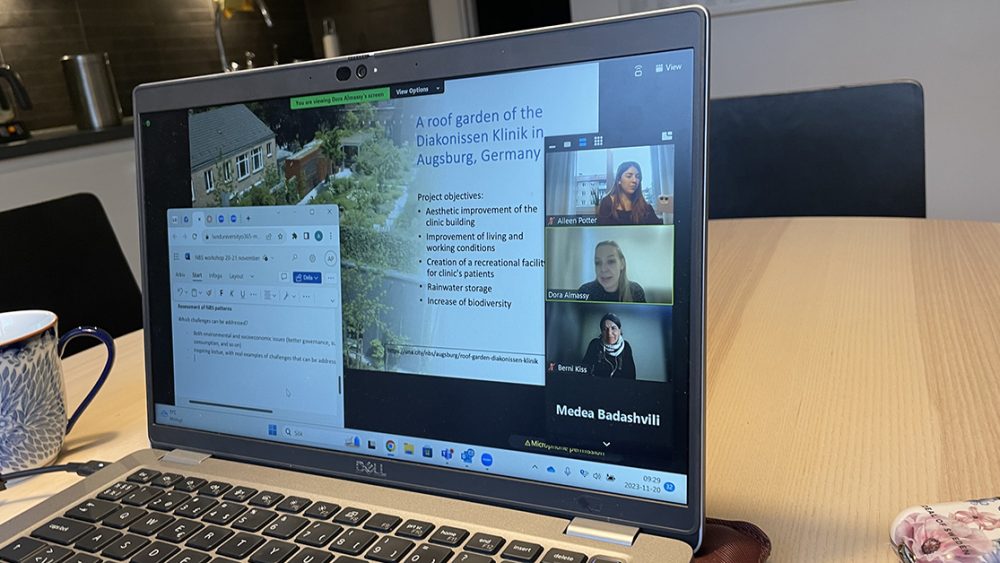
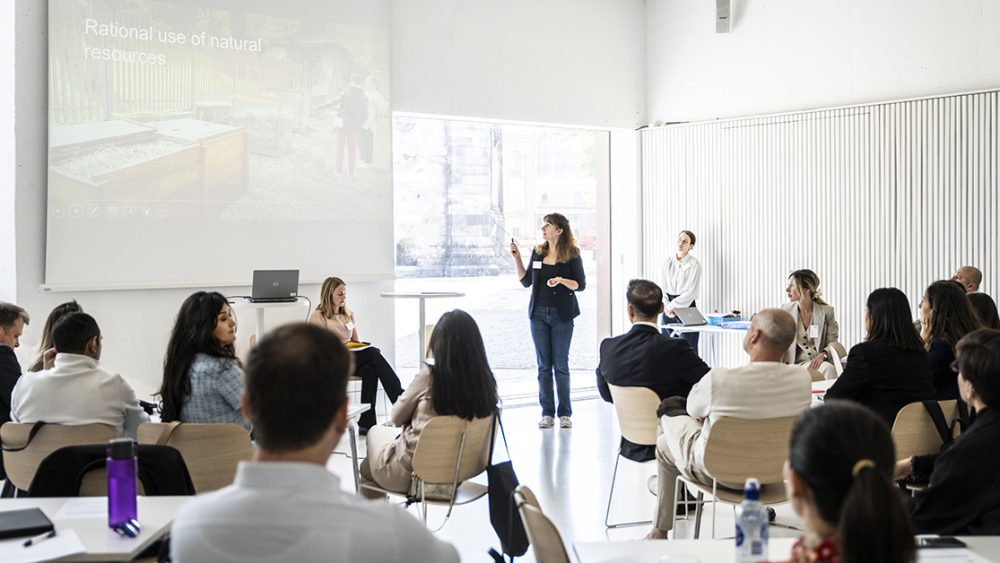
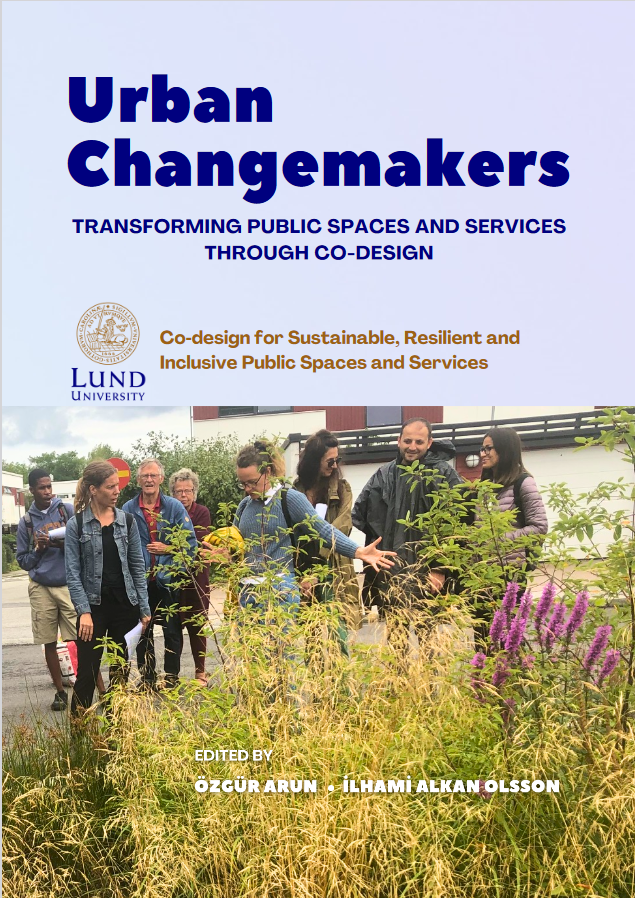
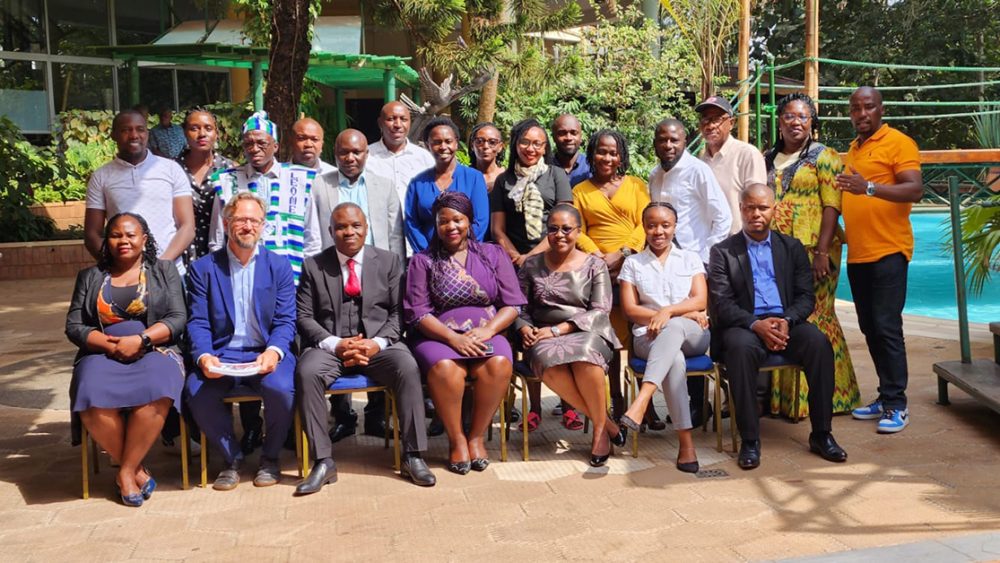
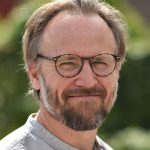
Comments